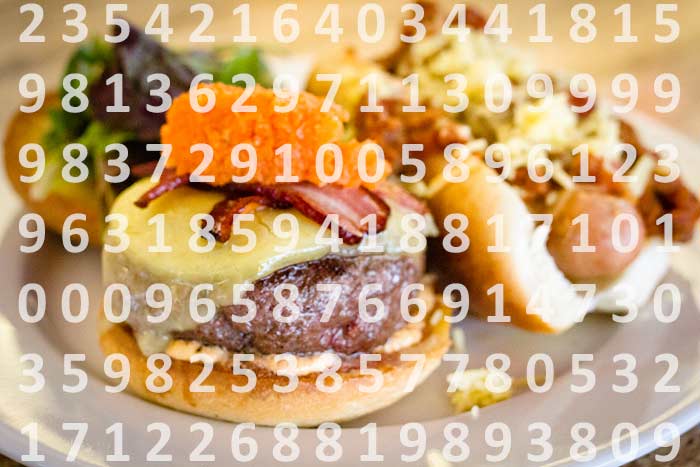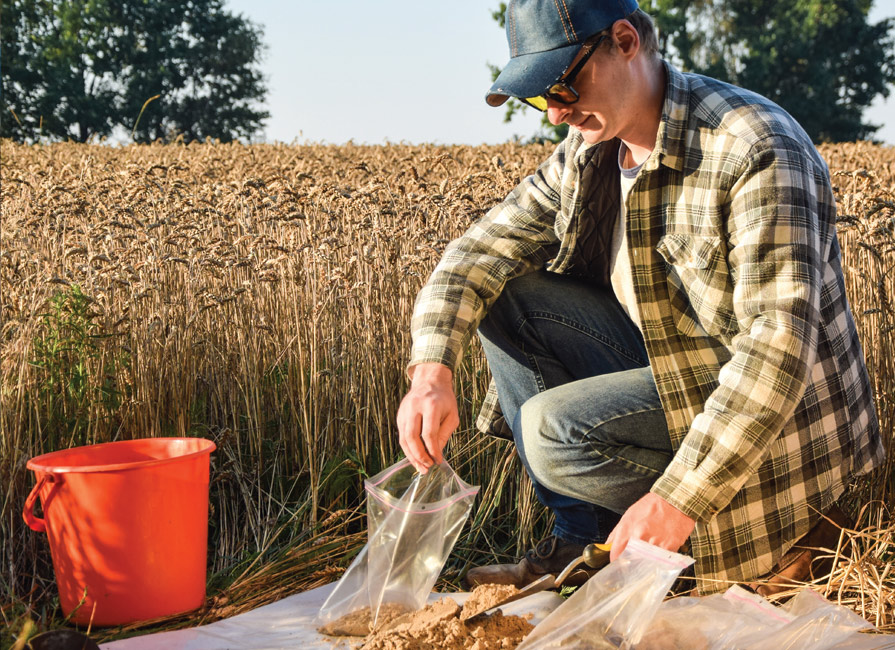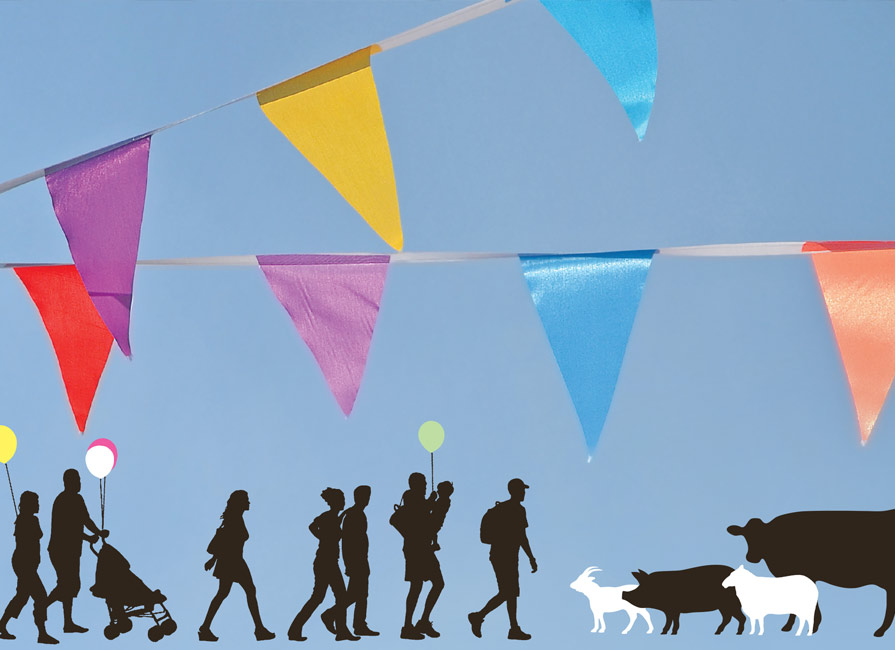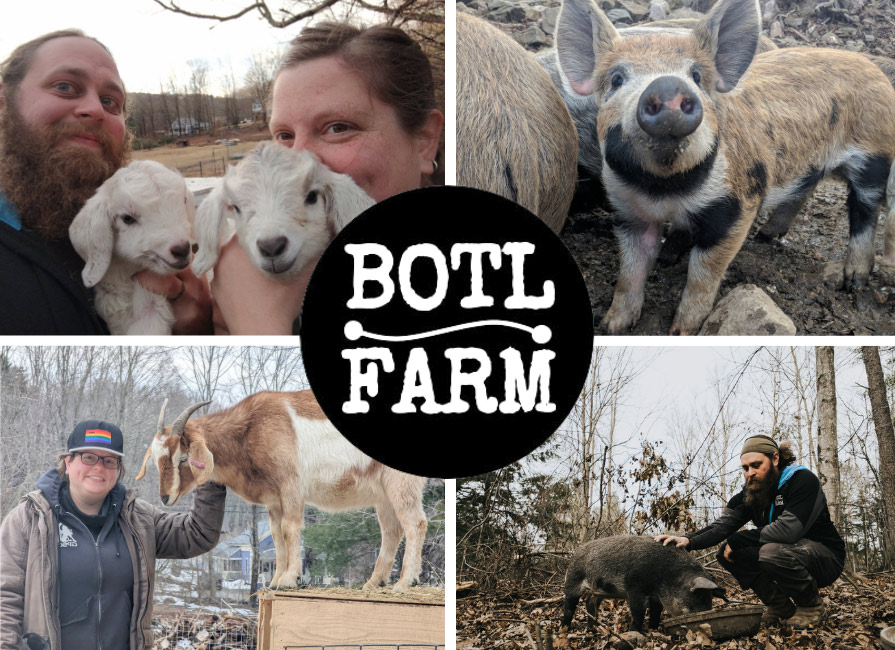Soil nutrient management is a vital part of regenerative farming and applying climate-smart practices can…

Greenhouse Gas Emissions: Can We Trust the Numbers?
When comparing greenhouse gas emissions, it’s not as simple as it may seem.
For quite some time, there’s been a lot of talk about the environmental impact of animal agriculture, particularly about the estimated amount of greenhouse gas emissions resulting from livestock production. In efforts to point a finger of blame at the worst climate change offender, there have been reports that emissions from the livestock sector are greater than the emissions from the transport sector. So now we should all stop eating burgers, right?
Not so fast – it’s not that simple. The problem is that these comparisons are made in a flawed way. Comparing the direct emissions from transport against both direct and indirect emissions from livestock production is not a fair or correct comparison. While both sectors can undoubtedly have a negative impact on the environment and contribute to climate change, it’s still an oversimplification of a very important and complicated issue to say, “cows are worse than cars”.
To get the numbers straight, we recommend looking to the Intergovernmental Panel on Climate Change (IPCC), which identifies and monitors human activities responsible for climate change and reports direct emissions by sectors. The IPCC estimates that direct emissions from transport (road, air, rail and maritime) account for 6.9 gigatons per year, about 14% of all emissions from human activities. By comparison, direct emissions from livestock account for 2.3 gigatons of CO2 equivalent, or 5% of the total.
These numbers from the IPCC compare the direct emissions from livestock, consisting of methane and nitrous oxide from rumen digestion and manure management, with the direct transport emissions, which mainly consist of carbon dioxide and nitrous oxide from fuel combustion. It’s easy to understand that adding on indirect emissions to the livestock sector’s total (those from producing feed and forages, as well as those from transporting meat, milk and eggs), and not adding any indirect emissions to the transport sector’s total, will inevitably produce an inflated number and incorrect comparison. For the IPCC, these additional indirect emissions from livestock are reported under crops and forestry, and industry and transport – which therefore generates a more accurate emissions total by sector.
While we certainly have our work cut out for us to mitigate the effects of climate change, it’s important to start doing the work with real facts in front of us – so we know where to put our focus. When we have the numbers right, meat does not actually deserve the bad rap it’s getting. While it’s great to see more people talking about the impact of our diets on the planet, it would be a shame for negative press about livestock to hinder development plans for low carbon livestock production and investments for programs which produce a number of environmental and socio-economic co-benefits, like biodiversity and water conservation, or generation of rural employment and income.
There is no question that agriculture as a whole is still a major contributor to global GHG emissions. But leading scientists agree that when it comes to livestock production, well-managed grazing animals will not only help feed the world sustainably, but provide a number of important environmental and societal benefits, too. Optimizing our future meat production means making our meat production truly sustainable—and grassfed systems can help achieve this. Pasture-based and grassfed beef production use pasture, rain and sunshine to make high-quality food, and can even help to mitigate climate change through carbon sequestration.
It’s our hope that we can start moving together towards positive, fact-based and research-proven solutions. The “cows vs. cars” debate seems to continue on and on with new inflated numbers every week. Instead, we need to seek out the facts, so that we can move towards real—and urgent— solutions. To truly solve climate change problems, for the sake of the planet, and ourselves, we need to first get the numbers right.



